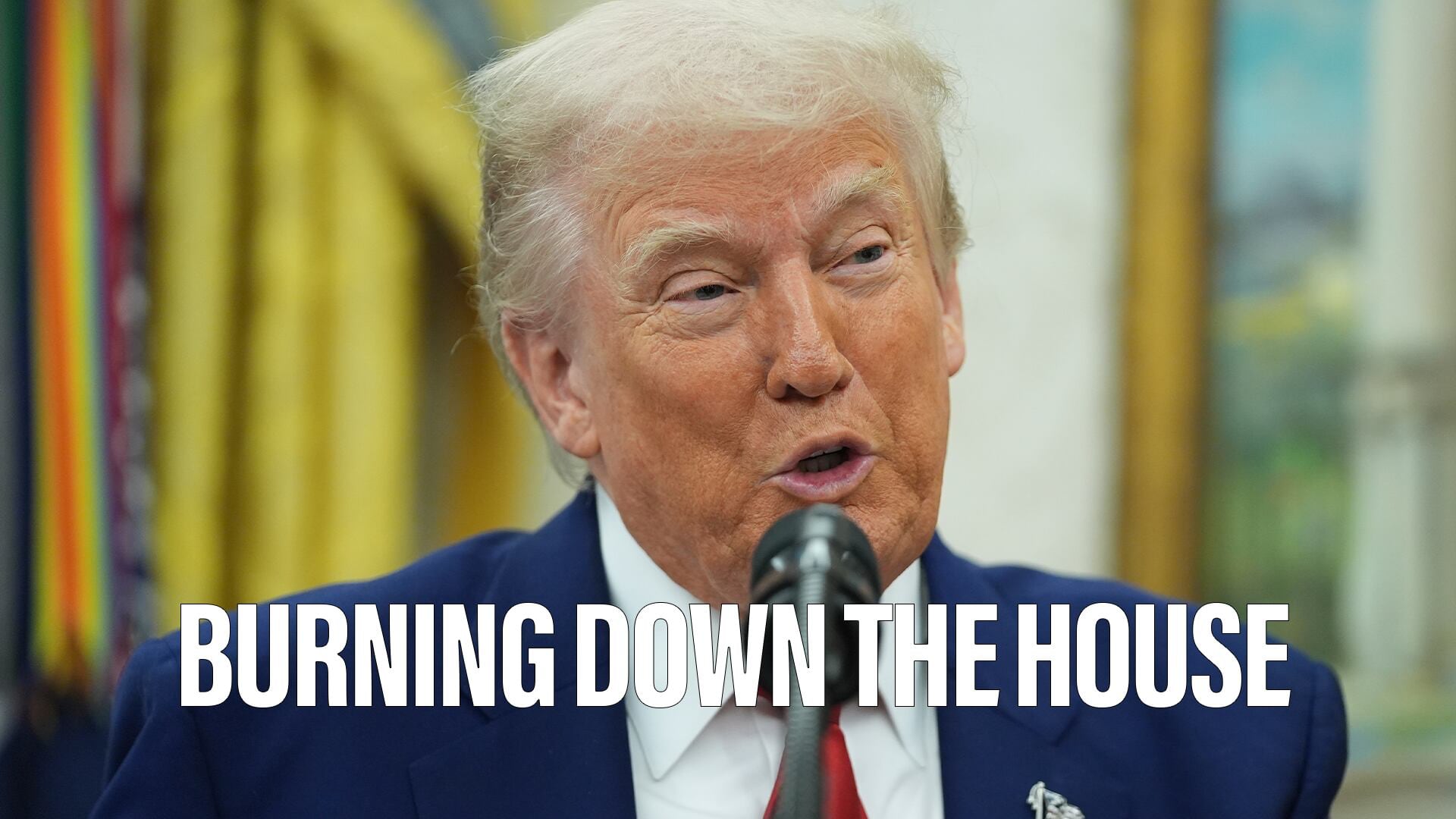TEL AVIV — As the deadline for striking an interim agreement with Iran came and went Tuesday night, Israeli Prime Minister Benjamin Netanyahu spent Wednesday urging world powers to devise a better deal.
"Now is the time for the international community to insist on a better deal," he said in a statement.
Arguing that Iran's statements about its intentions are disingenuous, he said, "I agree with those who have said that Iran's claim that its nuclear program is only for peaceful purposes doesn't square with Iran's insistence on keeping underground nuclear facilities, advanced centrifuges and a heavy water reactor."
Netanyahu also met with US Speaker of the House Rep. John Boehner in his office in Jerusalem. The two have been strong allies in trying to steer the direction of the negotiation.
Boehner's invitation asking Netanyahu to address Congress to air those concerns ignited a firestorm of controversy after it was revealed that he did not adhere to protocol and notify the White House before contacting the prime minister.
"In this violent and unstable region, where states are imploding and fanaticism is exploding, one thing remains rock solid: our friendship, our alliance, our partnership," Netanyahu said, dismissing the many reports that emerged both before and after his speech that Israel-US ties are in jeopardy.
Boehner, too, echoed his staunch support for continued Israel-US strategic cooperation. "While we may have political disagreements from time to time, the bonds between our two nations are strong and they're going to continue to be strong," Boehner told reporters at the end of his five-day visit to Israel.
Meanwhile, a bipartisan US delegation led by Rep. Michael Turner, R-Ohio, chairman of the House of Representatives Subcommittee on Tactical Air & Land Forces subcommittee, Rep. Michael Turner (R-OH) met with President Rueven Rivlin in Jerusalem.
At that meeting, Turner also reiterated that Israel's security is a top priority for the US. "We have worked, and continue to work, on the joint cooperation with Israel on the important issue of missile defense, including US support for Iron Dome," he told Rivlin.
But with world powers at an impasse in Lausanne, talk of the on-going negotiations dominated the discussion.
"We are sitting here in Jerusalem, but our thoughts are focused on what is happening in Lausanne," Rivlin said, addressing the delegation. "There is yet to be a clear picture of what is happening there, and reports are contradictorying, but we are of course greatly concerned by the possibility that Iran would achieve nuclear capabilities."
Turner concurred with Rivlin's concerns, saying a nuclear Iranian "poses a threat" to the United States as well.
Former Israeli Deputy Chief of Staff Yair Naveh blasted the current round of talks saying the US is guilty of democratic naiveté and hopes that whatever deal is struck will lead to significant policy and regime change for Iran.
Email: bopallrome@defensenews.com
Twitter: @OpallRome
Opall-Rome is Israel bureau chief for Defense News. She has been covering U.S.-Israel strategic cooperation, Mideast security and missile defense since May 1988. She lives north of Tel Aviv. Visit her website at www.opall-rome.com.








